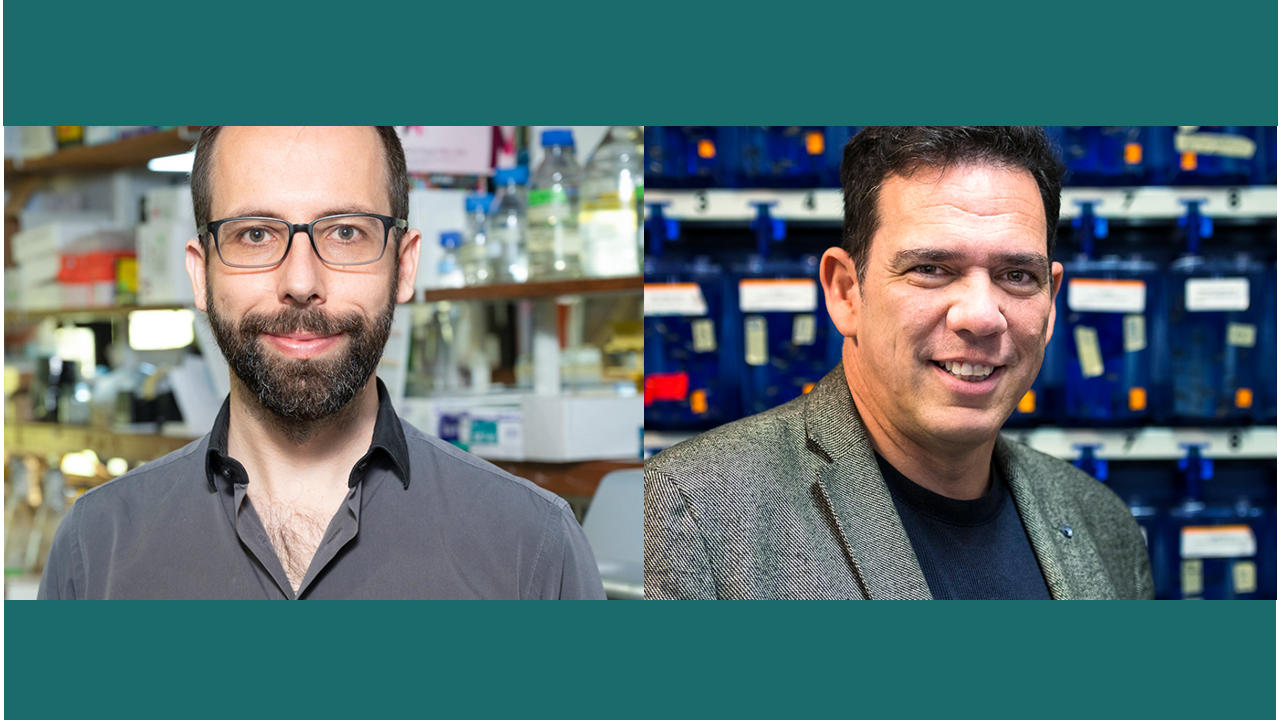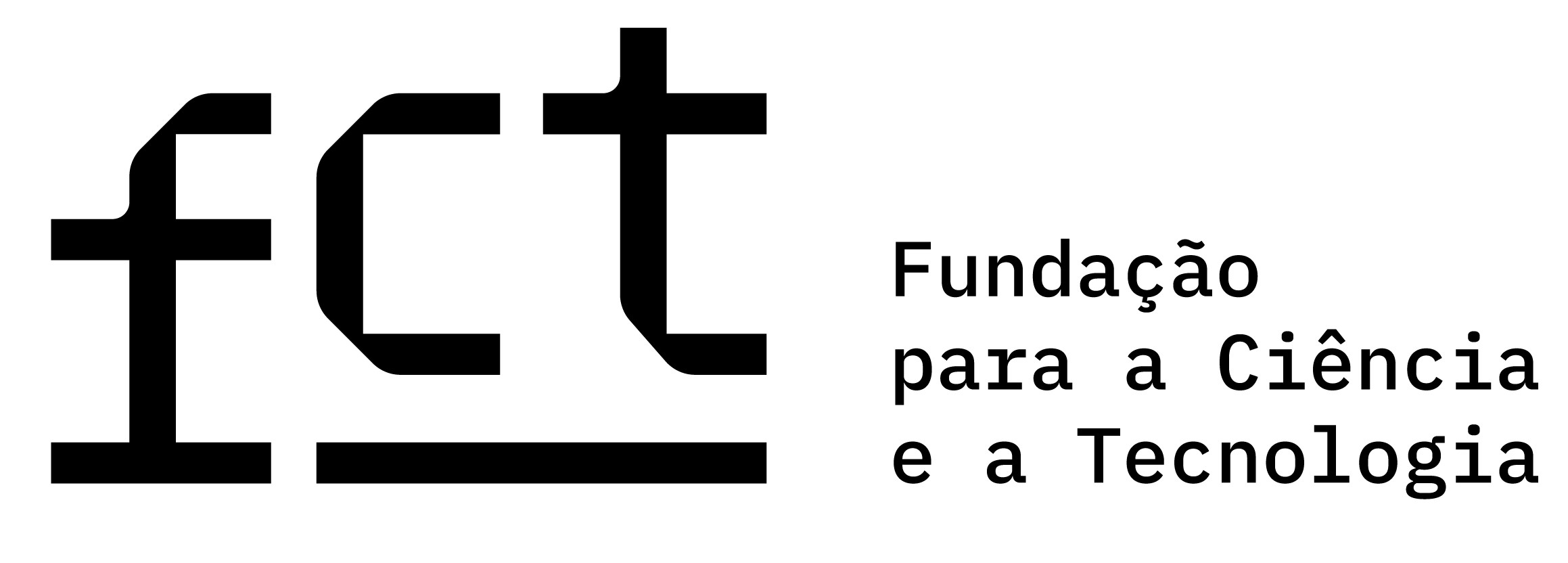Two LS4FUTURE scientists elected as EMBO Members
Rui Oliveira and Ricardo Henriques based at IGC were among the 4 Portugal based scientists elected this year as members of the European Molecular Biology Organization (EMBO), an organization of leading researchers that promotes excellence in the life sciences in Europe and beyond. The other elected members were Mónica Sousa from i3S and Megan Carey from Champalimaud Foundation.
In commemoration of EMBO’s 60th anniversary, the EMBO Council has invited its membership to elect 100 new EMBO Members and 20 EMBO Associate Members this year. Being elected as an EMBO Member signifies recognition for excellence in the life sciences. Individuals are selected based on their outstanding contributions to scientific research achievements and influence within their field. Members are involved in shaping the direction of life sciences in Europe and globally, contributing to scientific policy, and promoting the organization’s goals of fostering excellence in the life sciences.
Ricardo Henriques’ lab leads the development of super-resolution microscopy and artificial intelligence techniques to observe the dynamics of cellular and viral structures at the molecular scale. They develop open-source imaging approaches such as super-resolution radial fluctuations to enable bioimage-based discoveries. The researcher said “Being elected as an EMBO Member is a tremendous honour that reflects not just on me but on the entire team of brilliant scientists with whom I’ve had the privilege to work over the years. This recognition will strengthen our ongoing efforts to push the boundaries of super-resolution microscopy, AI and its applications in cell biology. I’m excited to contribute to EMBO’s mission and collaborate with fellow members to advance scientific discovery and innovation in Europe and Worldwide.”
Rui Oliveira´s lab seeks to comprehend the mechanisms driving social behavior and their evolutionary development through an integrative approach that spans genes, neural circuits, and behavior. The researcher said:” “It is an honor to become an EMBO member and to be part of such a vibrant community that is spearheading the development of the Life Sciences in Europe. More than a recognition of my own work I see this election as the recognition of the role of behavioral studies in modern Biology. Behavior is a very peculiar phenotype. It is ephemeral and you don’t have a specific biological tissue to measure it directly from. Thus, behavior has been seen as an unorthodox phenotype to be approached using molecular techniques, but with all recent technological developments in behavioral phenotyping and in neural circuit manipulation and visualization, the time is now right to better handle the causal link from genotype to behavioral phenotypes. And I see my election to EMBO as a recognition of this recent breakthroughs in the field.”





